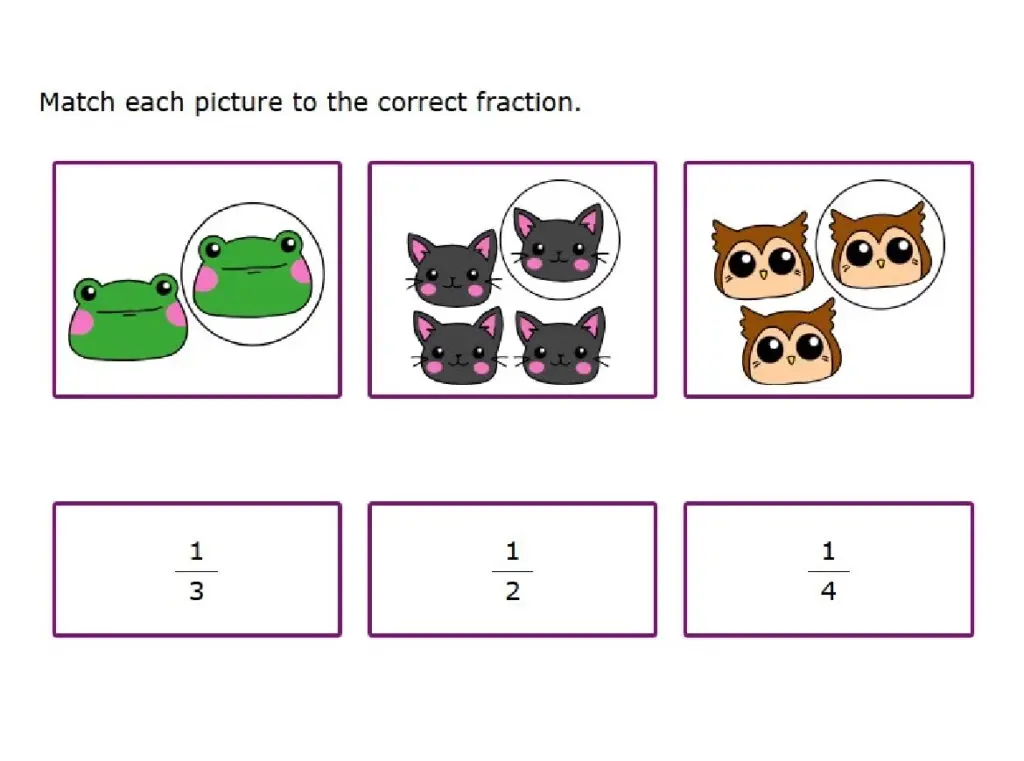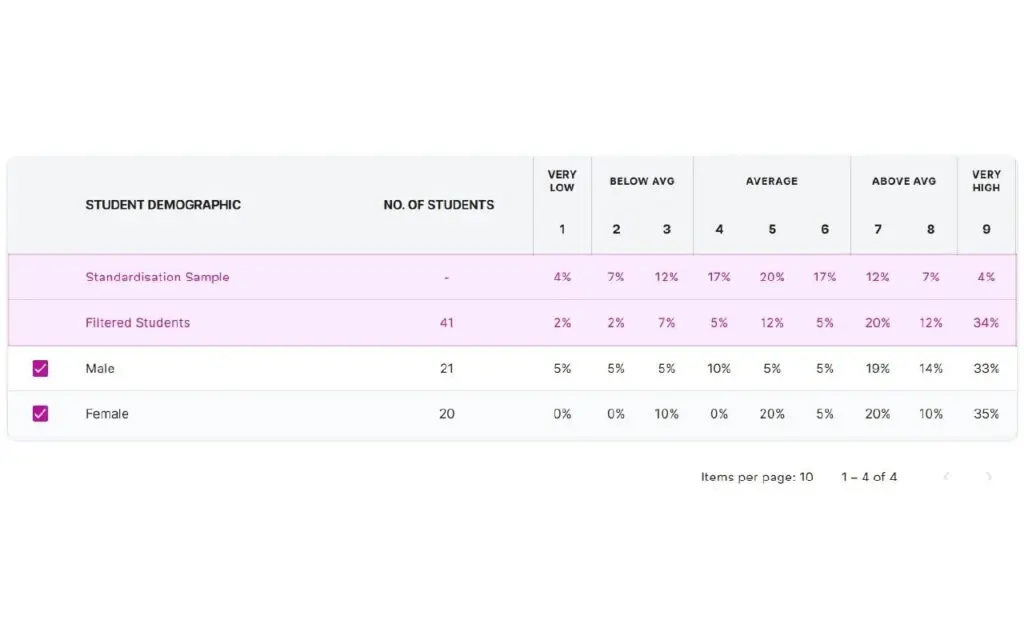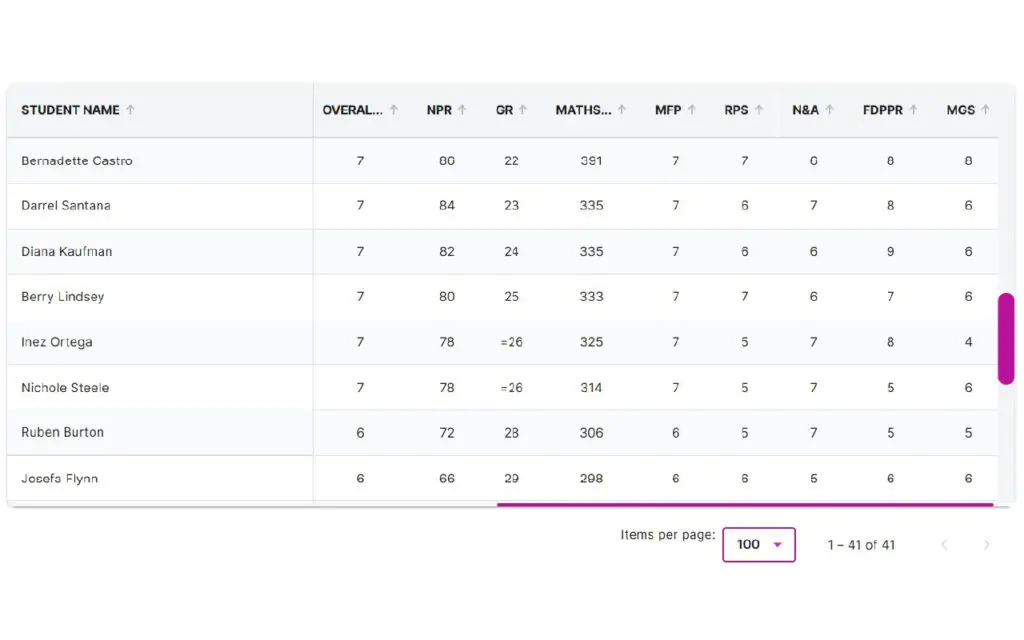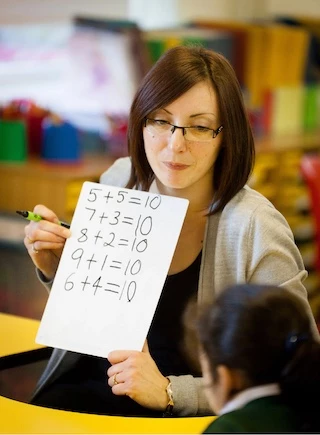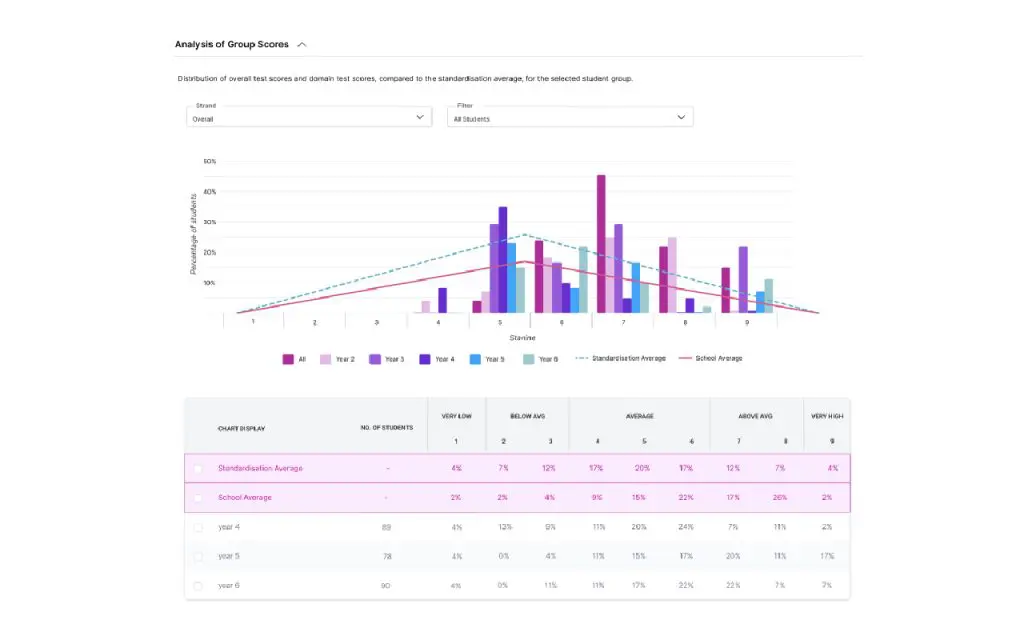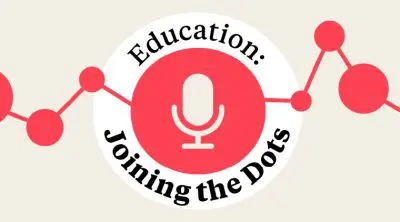A fully adaptive, standardised, termly maths assessment.
The New Group Maths Test (NGMT) is an adaptive attainment test; questions are automatically presented based on a student’s previous responses. More able students are challenged, while children in need of more scaffolding see content that is more appropriate and accessible to them.
With NGMT you can validate your maths curriculum, evaluate attainment and progress across your school. It also suports your classroom teachers (both specialist and non-specialist) in further understanding their students’ maths profiles.
NGMT provides insight into the key processes of recalling and using maths facts, reasoning and problem-solving, as well as content-specific domains, with reports that can be customised to suit your needs
